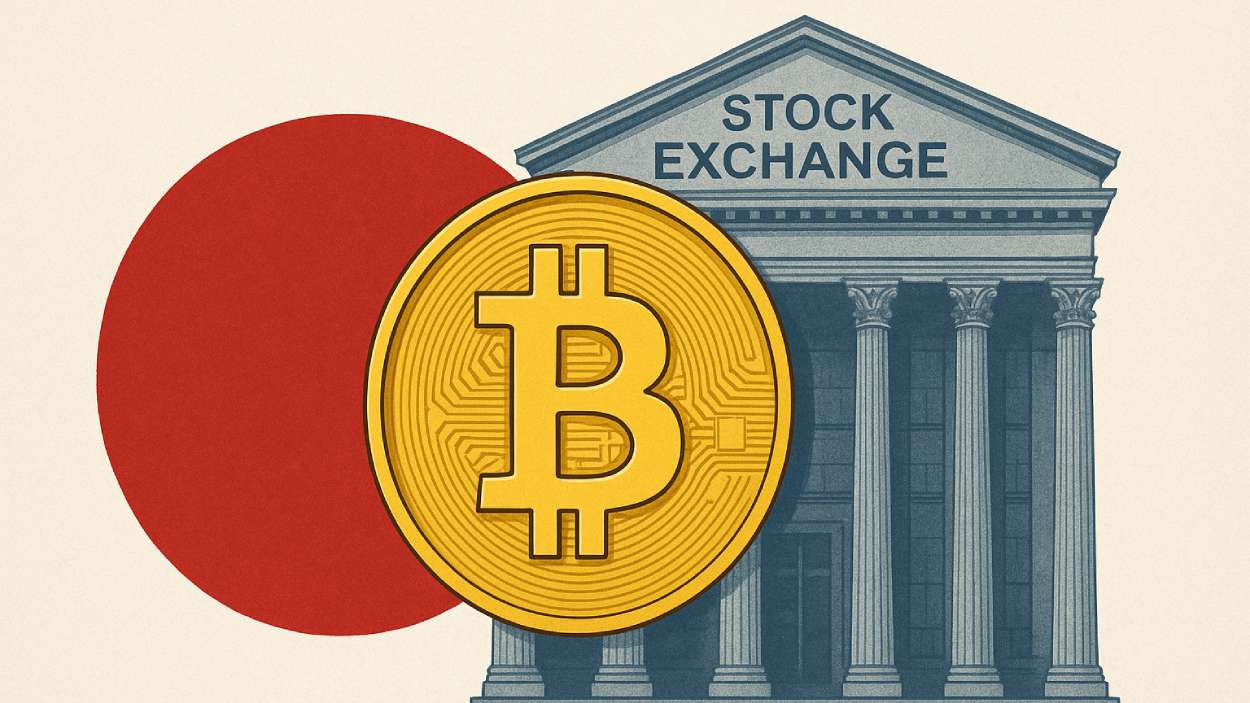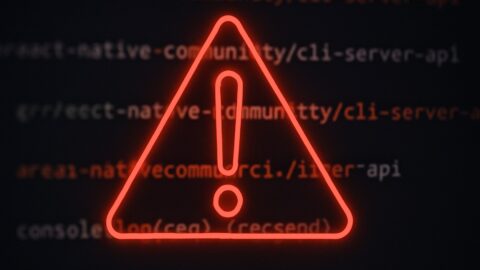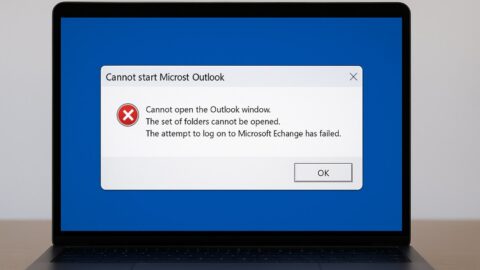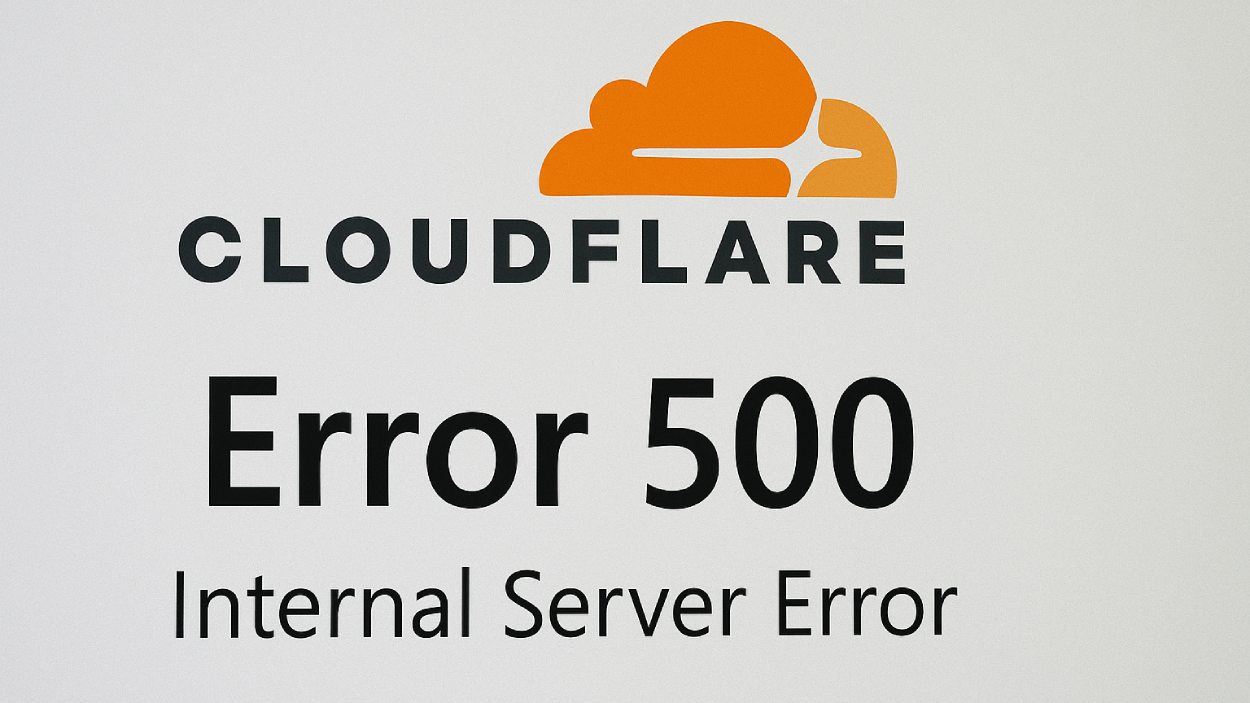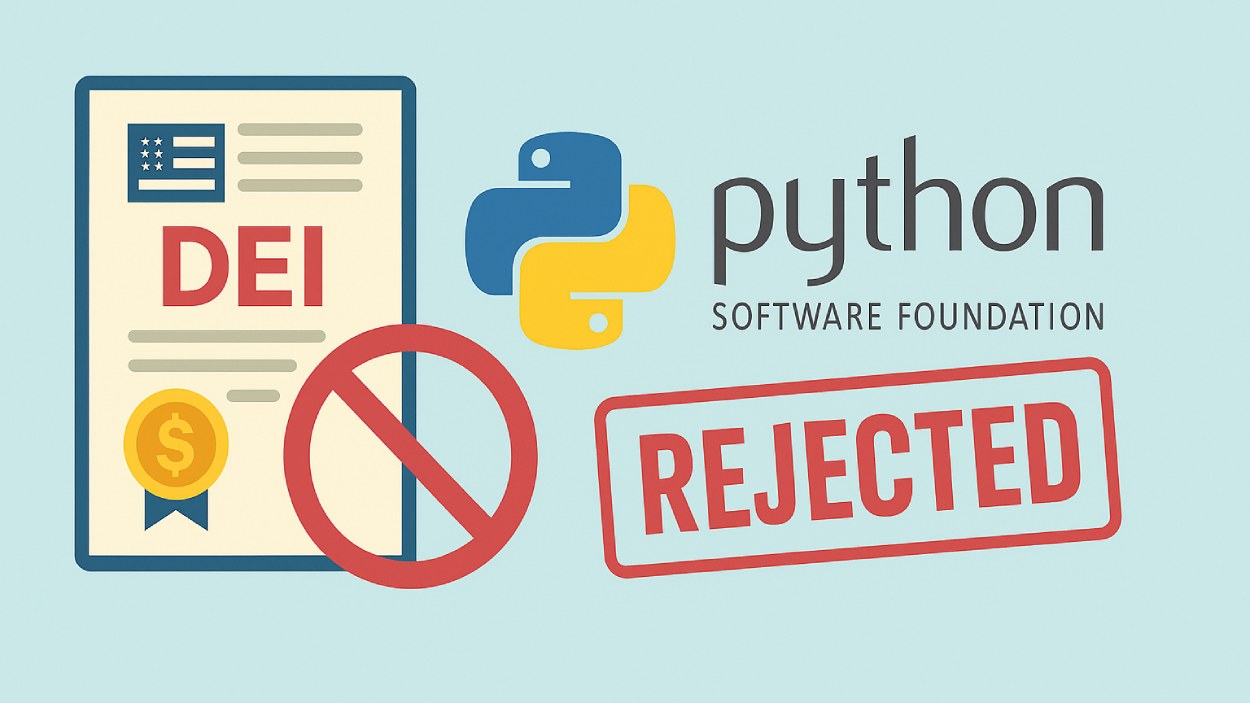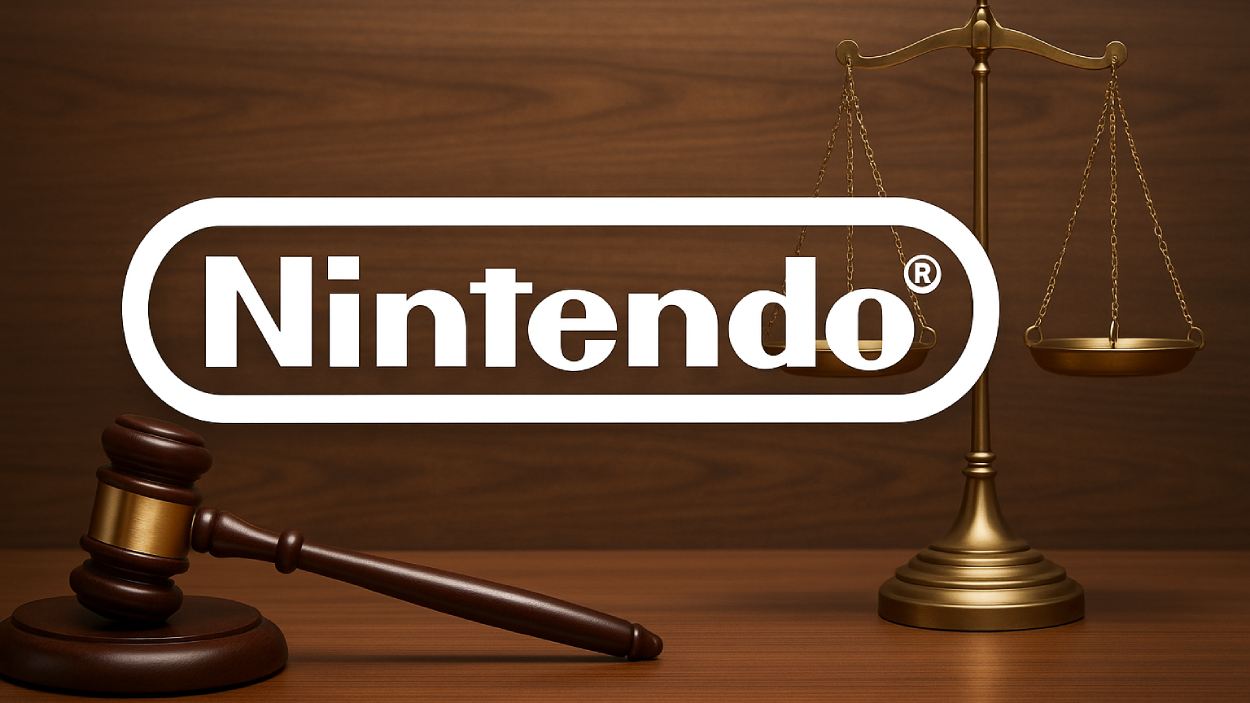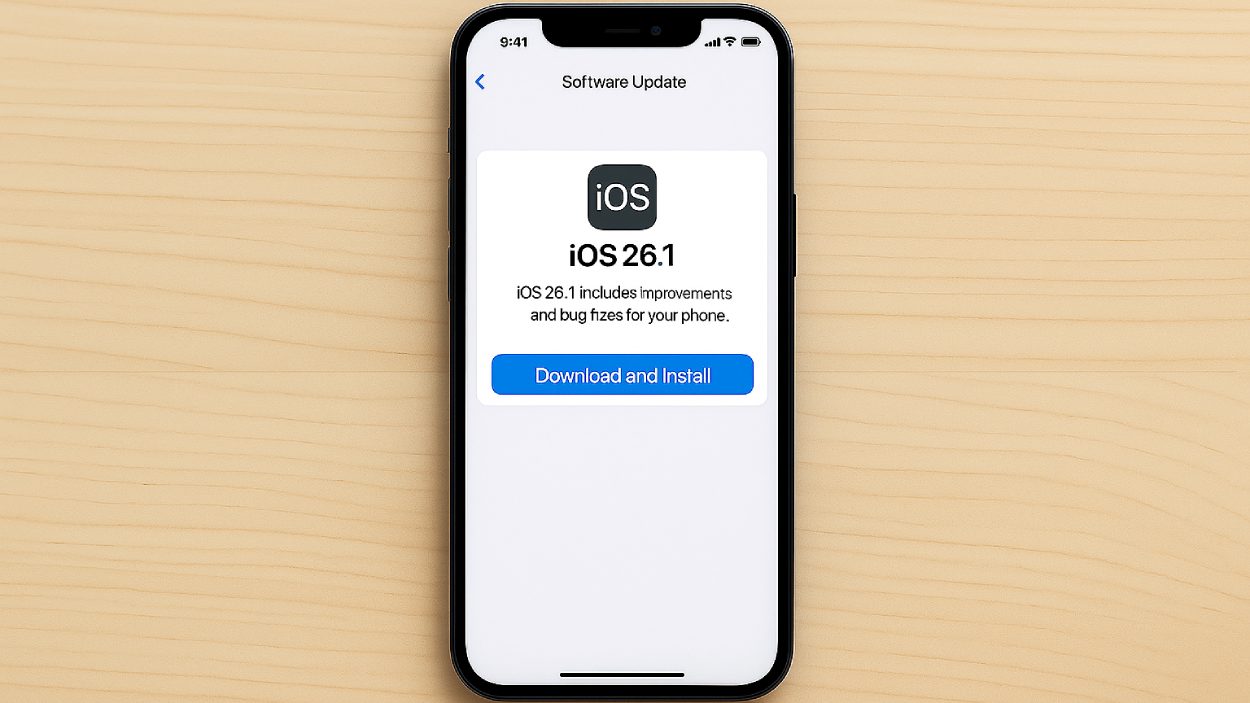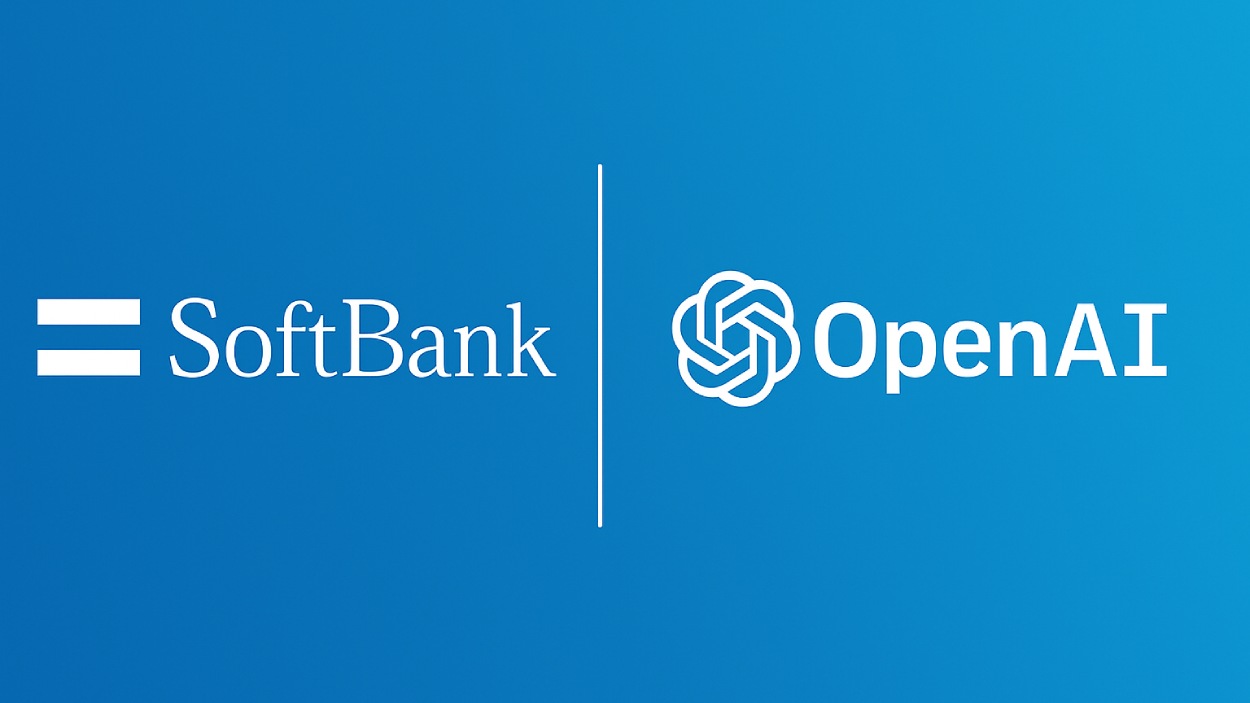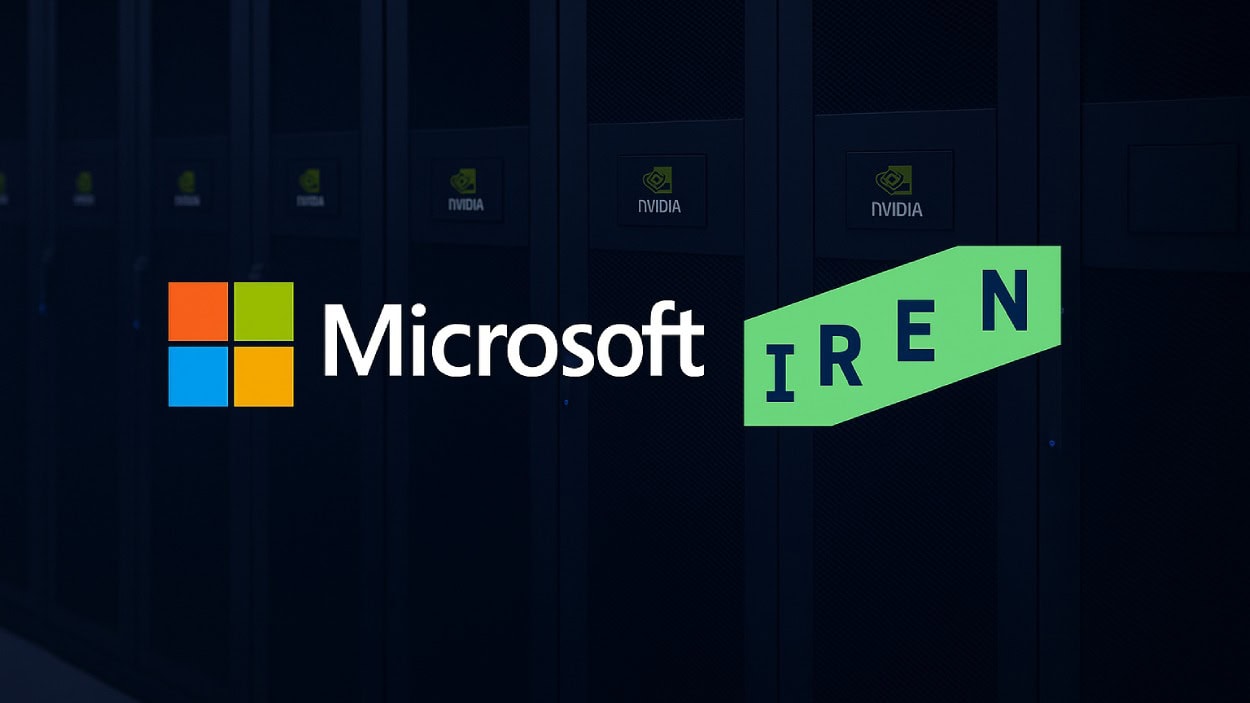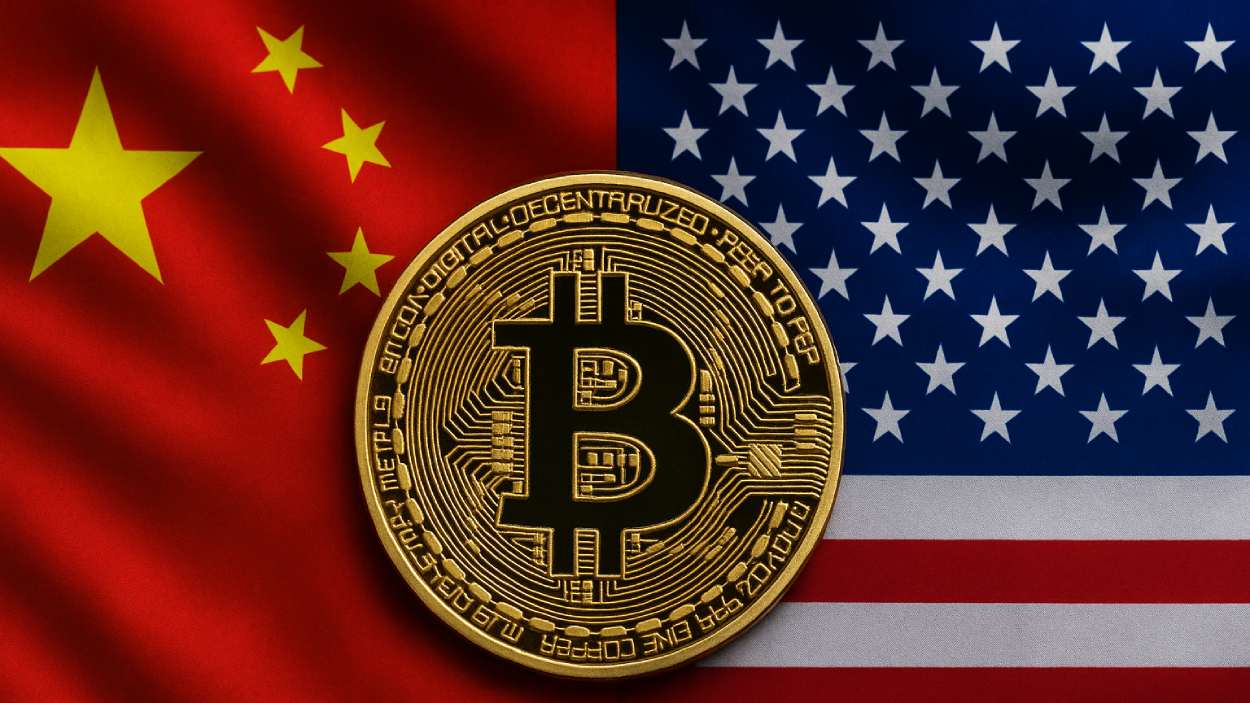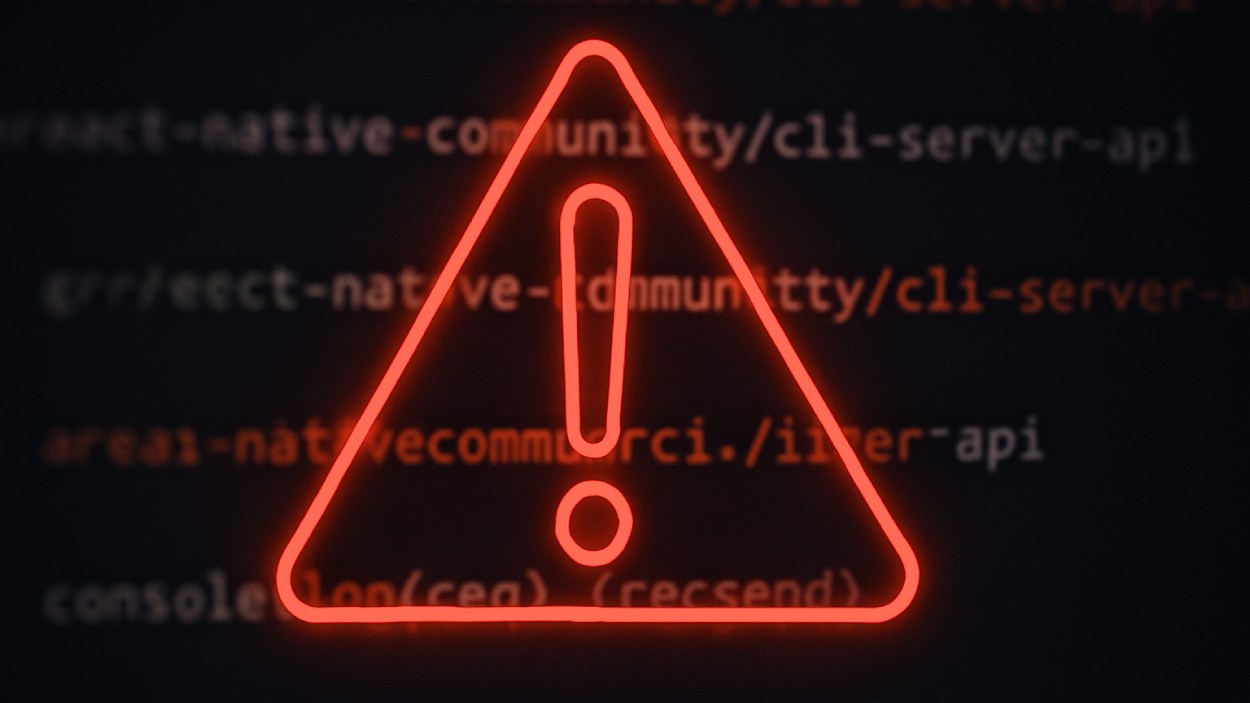Japan’s top stock exchange is weighing new rules that could require fresh audits and tighter oversight for public companies with major cryptocurrency reserves.
Quick Summary – TLDR:
- Japan Exchange Group (JPX) is reviewing oversight measures for firms heavily invested in cryptocurrency.
- Companies may face new audit requirements if they shift toward large-scale crypto accumulation.
- Backdoor-listing rules could be enforced more strictly to deter regulatory loopholes.
- Firms like Metaplanet, with over 30,000 bitcoin, are drawing increased attention from regulators.
What Happened?
The Japan Exchange Group, which operates the Tokyo Stock Exchange, is reviewing whether publicly listed companies that build large crypto reserves should face stricter audits and listing scrutiny, according to sources familiar with the matter. This comes amid rising concerns about volatility and financial stability risks associated with corporate crypto strategies.
Three firms have reportedly paused their bitcoin-buying plans after informal warnings from JPX, suggesting that digital asset accumulation might impact their ability to raise funds in the future.
🇯🇵 Regulatory Watch: Japan’s crypto tax reset is coming
— Cryptopolitan (@CPOfficialtx) November 19, 2025
• FSA plans to classify 105 tokens, including $BTC & $ETH, as financial products
• Push for a flat 20% tax, instead of today’s up to 55%
• New insider-trading rules for anyone with non-public token info
• Tokens chosen… pic.twitter.com/xP0nNjMk8i
Rising Crypto Reserves Prompt Regulatory Review
JPX is exploring changes that could require listed companies to undergo fresh audits if their business models pivot toward accumulating large cryptocurrency holdings. The review is not final, but discussions are ongoing among senior officials.
- These potential audits would evaluate whether a company’s operations have materially shifted from its original business objectives.
- The exchange may also begin enforcing stricter interpretations of backdoor-listing regulations, particularly targeting companies that use a public listing to morph into crypto treasury firms without full regulatory disclosure.
Such steps aim to ensure that market transparency and investor protection are upheld as the number of crypto-heavy firms grows.
Metaplanet at the Center of the Spotlight
A major focus of the scrutiny is Metaplanet, a Tokyo-listed firm that began acquiring bitcoin in April 2024. The company now holds 30,823 bitcoin, placing it as the fourth-largest public corporate holder of bitcoin globally.
Despite its crypto-heavy portfolio, Metaplanet has confirmed that it has not faced any regulatory sanctions. The company stated, “We continue to follow all legal and corporate governance procedures as required under Japan law.”
Japan does not currently prohibit listed companies from holding or purchasing cryptocurrency. However, regulators appear concerned about how significant crypto exposure could affect financial reporting, investor risk, and corporate governance.
Backdoor Listing Concerns Grow
The JPX is also concerned about companies that might be using public listings to shift into crypto-heavy models without undergoing proper disclosure processes. This tactic could be seen as a form of backdoor listing, where the original business purpose is altered significantly post-listing.
- Stricter interpretations of existing rules would prevent firms from using their listed status to bypass standard regulatory checks.
- The objective is to maintain a stable and transparent trading environment, especially as crypto-linked strategies grow in popularity.
While no official decisions have been announced, the fact that three companies backed off from crypto acquisition plans following informal JPX warnings shows that the review is already influencing corporate behavior.
SQ Magazine Takeaway
Honestly, I think Japan is making the smart move here. As more companies start stacking bitcoin or other crypto assets, regulators have to keep up to make sure the public markets stay safe and transparent. It’s not about killing innovation, it’s about protecting investors from surprises. If your favorite tech company suddenly becomes a crypto bank overnight, wouldn’t you want someone to double-check their books? I would.

